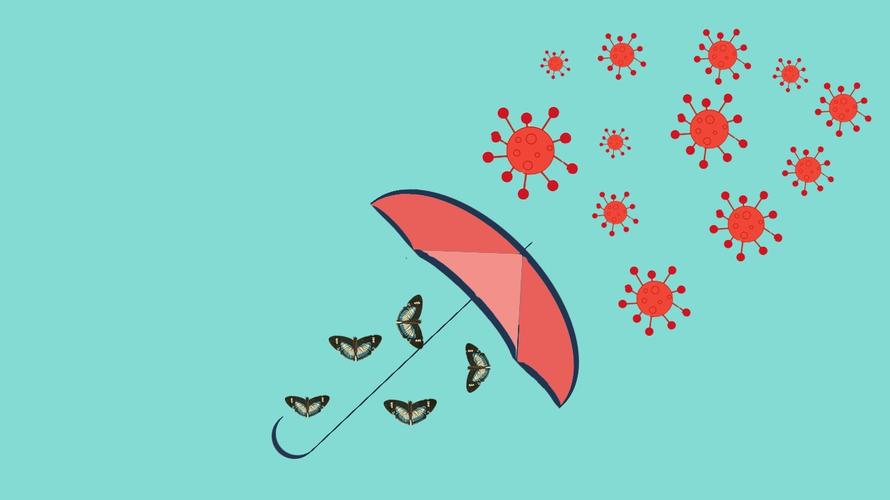The Covid-19 pandemic was described as the worst global crisis since World War 2 by Antonio Guterres the UN’s secretary-general, who also warned of a recession “that probably has no parallel in recent past” (BBC, 1st April 2020). At the time of writing this blog, we are entering the fifth week of lockdown with little sign of these measures easing any time soon. In these difficult circumstances, it is important to look after ourselves and those around us. But how?
I don’t have all the answers and I am certainly not a wellbeing guru. I am like everyone else trying to figure out how to remain calm and collected, how to best support my loved ones and those around me, and how not to give in to boredom, negativity, or hopelessness. But part of my work on trauma has led me to do some research on resilience. Thus, despite being no George Bonanno or Martin Seligman (both highly respected psychologists in the area of resilience) I thought I would share some of what I read and learned about resilience.
Most people ARE resilient.
We have, within us, the resources to face setbacks, challenges or traumatic events, and most of us do adjust to these in the end, even if with some difficulty. Therefore, it is important to trust our own abilities in finding the right solutions and ways to adjust to difficulties. We have been doing this since we were born without thinking much about it.
Resilience can be learned
This is good news! In the same way, people go to the gym to keep fit and build muscle strength, resilience is a skill we can learn and become better at. BUT like everything else, it requires practice.
Building positive emotions
Resilience is not about minimising negative experiences, avoiding or denying them. This simply is not possible. It is about building positive emotions, cultivating ‘feel good’ experiences so they can act as buffers when times become more challenging. I think of it as a toolbox. The more tools we have in our box, the better equipped we are when the going gets tough.
Resilience can lead to personal development.
The process of overcoming difficulties may lead us to discover things about ourselves (e.g. strengths we did not know we had, the support we did not think would be there).
Resilience is situation-specific.
Each situation, each challenge is different, and as individuals, we change and evolve over time. We may be more resilient at certain times than others.
Coping and resilience
Finding it hard to cope is not a sign of ‘resilience deficiency’ or a sign of weakness. Resilience is also about knowing when to reach out for help.
So, here are a few tips (all based on research) on how to face the weeks to come:
- If you enjoy doing something (e.g. a particular activity), and providing it is possible, do more of it. If not, try to do something that comes close to it.
- ‘Little and often’ is better than ‘a lot and infrequently’ – the aim is to generate many sources of satisfaction. Think of it as a mosaic, and as establishing a pattern of behaviour. It is easier to run for 10 minutes every day than once a week for 70 minutes.
- Minimise unnecessary sources of stress - e.g. a news blackout for a few hours/days works wonders for the mind.
- Remember that body and mind work as one – treat your body well and your mind will benefit, and vice versa.
- Stay connected with others and nurture the relationships that matter.
- Do something nice for someone else – a guaranteed feel-good factor.
- Be patient with yourself – resilience is a developing and evolving skill.
Written by Professor Caroline Lafarge
Caroline is a Chartered Psychologist and a research lead for the School of Human and Social Sciences at the University of West London. She teaches on the MSc Health Psychology and supervises PhD students. Caroline is a committee member of the Society for Reproductive and Infant Psychology. Caroline also runs a workshop on ‘Developing emotional resilience' at the University of West London.


